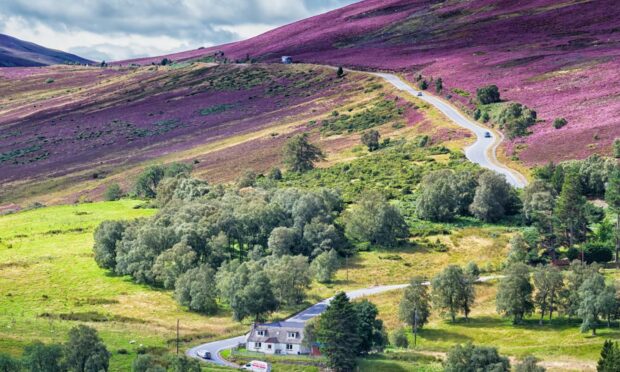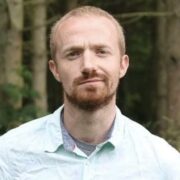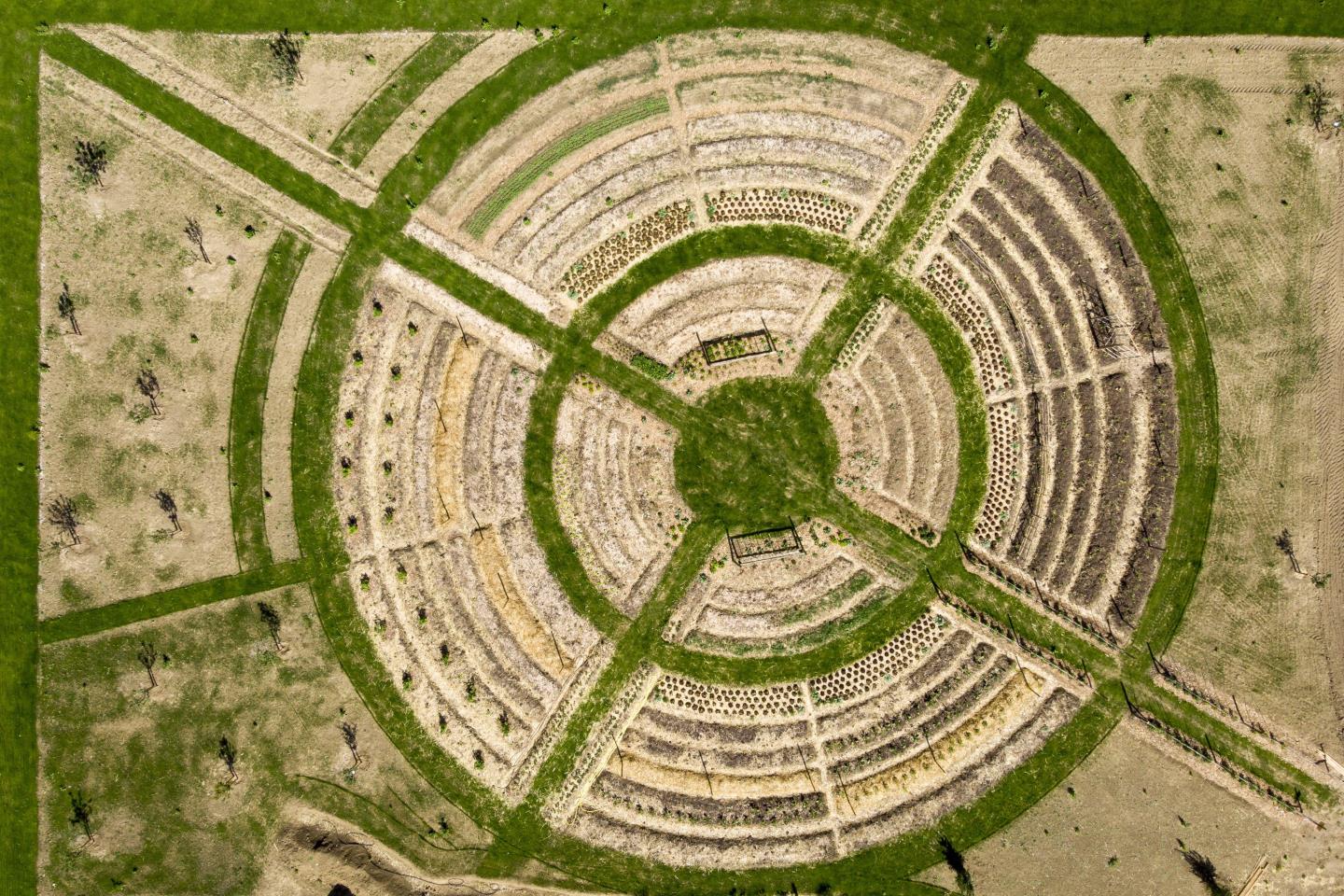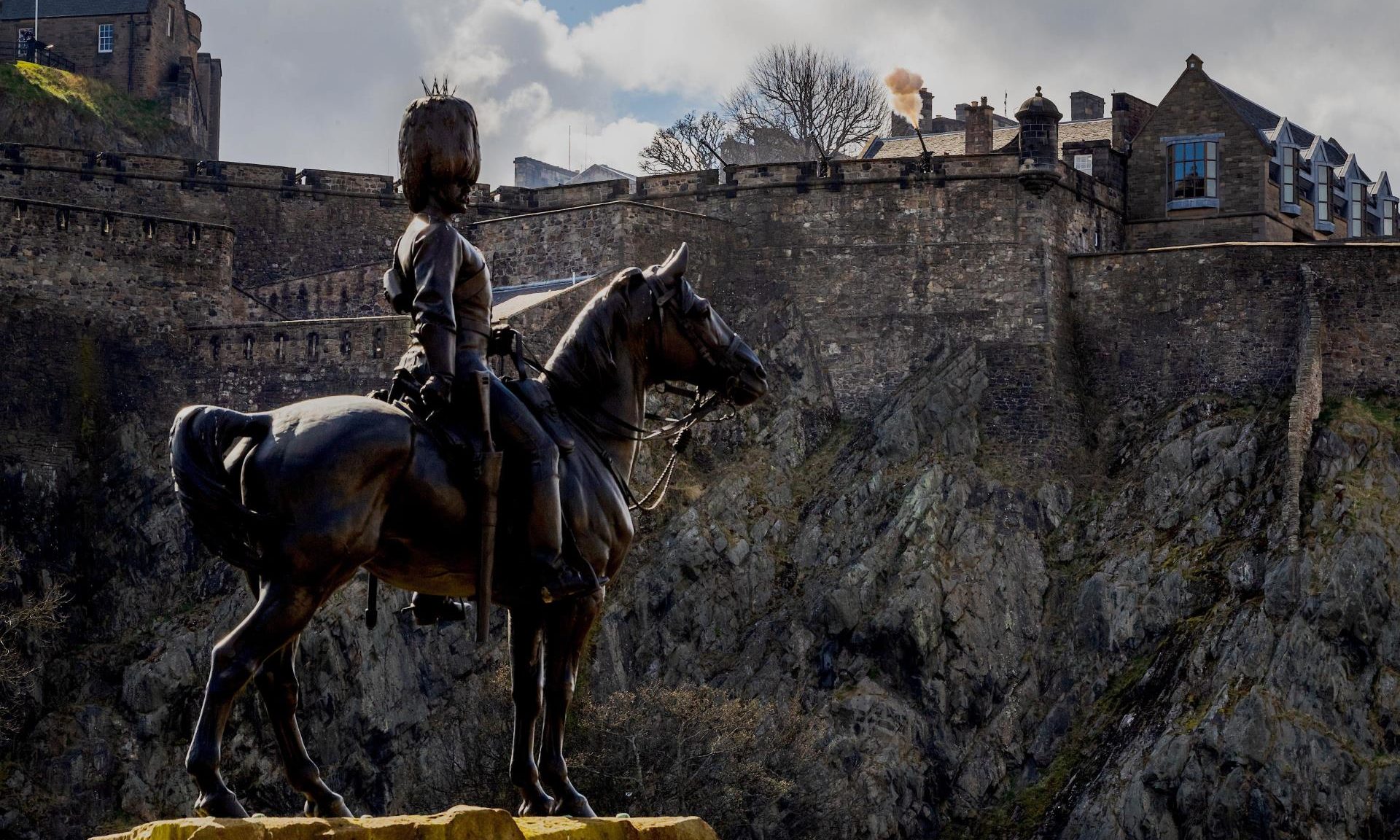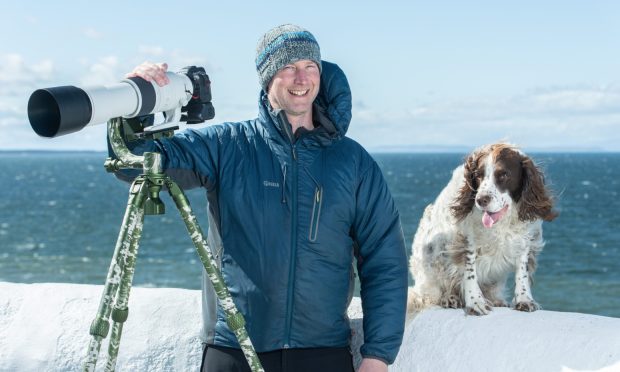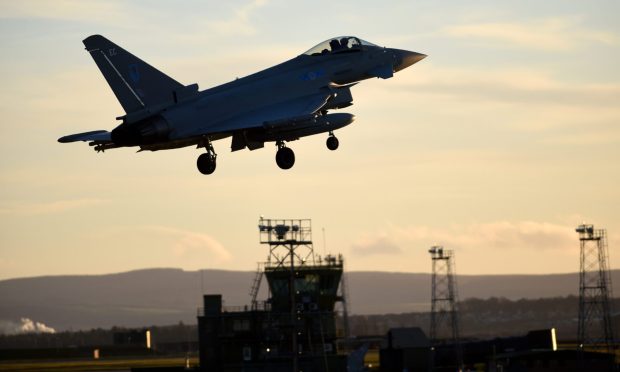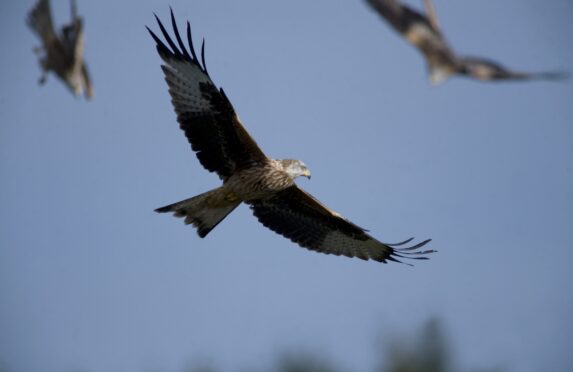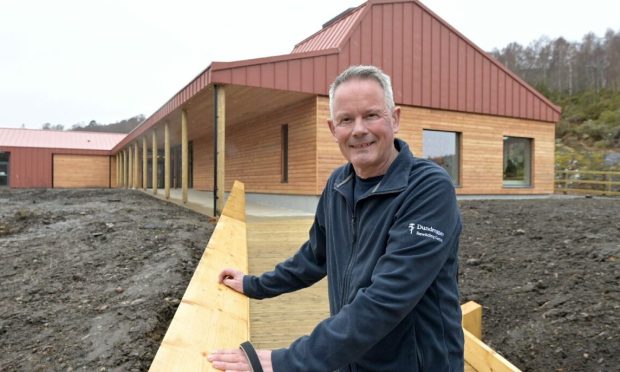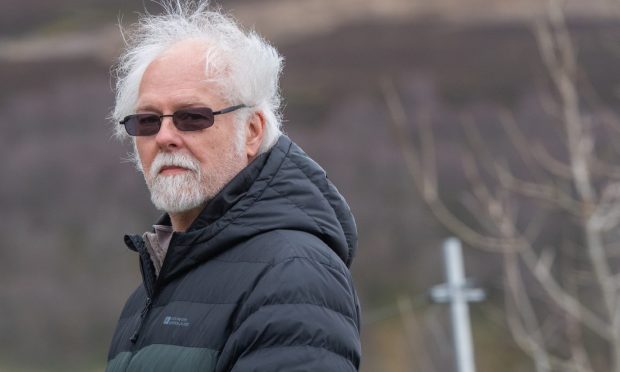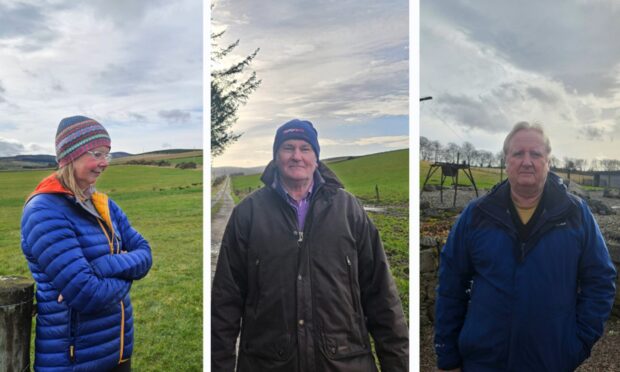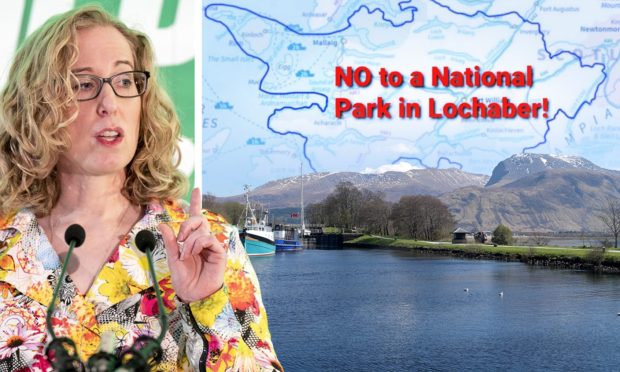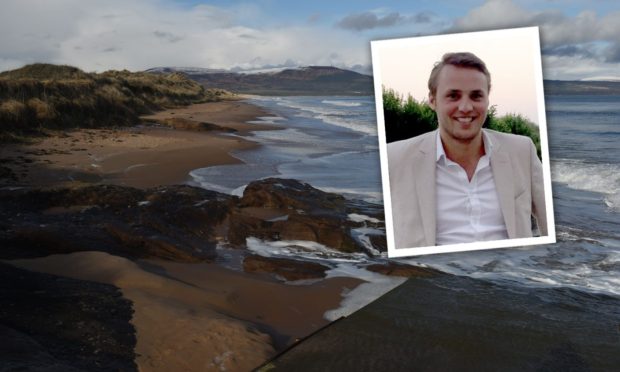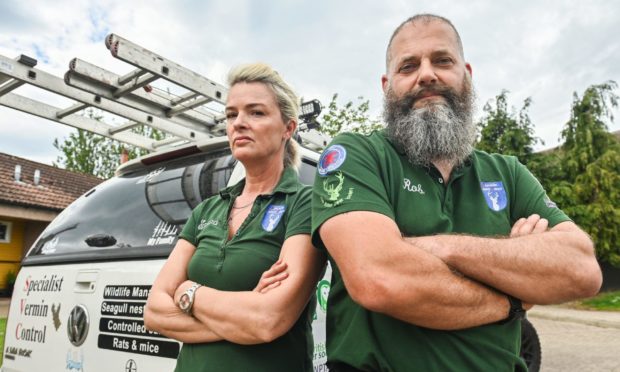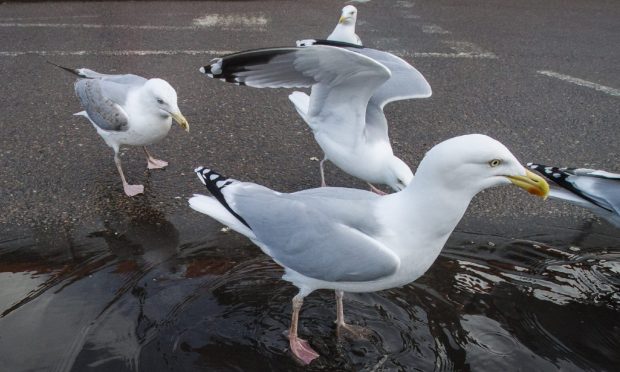Last week the UN published a long-awaited report detailing the “unequivocal” influence that human behaviour is having on the acceleration of climate change.
UN Secretary General, António Guterres, described the report as a “code red for humanity”.
As an individual, it is difficult to know how to address the crisis. Sometimes I look at my English degrees and think: “If only I’d studied something that could actually help”.
Thankfully, you can always learn more. This summer I spent some time on a farm that practices permaculture – a mode of agriculture which focuses on developing sustainable ecosystems for producing resources that we need, like food.
What I learned there was how little I knew about food production. Spending a lot of time outside, I also learned that I’m jumpier around insects than I thought.
Neither of these are things that we have to think about on a day-to-day basis. For most in the UK, food comes from a supermarket shelf. And, as for insects, they are secondary citizens in our towns and cities. We may be bothered by the odd fly during a walk in the park, but it can always be swatted away.
Young people leave small towns for Scottish cities
A Scottish Government report last year found that there is “a very significant movement of young people to Scotland’s major cities”. With the exception of Aberdeen, all Scottish cities are receiving more migrants than they are losing to the rest of the UK.
The pressure for young people from rural communities to “get out” of the small villages and towns they come from is not exclusive to Scotland, nor new. If you want to make something of yourself, you move to a city – the bigger the better. Cities are places where things happen.
What are these “things” that are happening? Career opportunities, porous social and sexual lives, late-night parties, hipster coffee shops, grassroot artists’ collectives? Cities are often viewed as teeming with life, rife with possibilities.
By extension, things do not happen in rural places. They are not teeming with life, if our definition of life is the vague excitement aroused by a night out.
Rural places are not empty, uninteresting starting points for cosmopolitans-in-waiting, settled in by once-cosmopolitan parents, to be endured through adolescence before university whisks them off to relevance
And if we think of rural places as wee villages where the only thing to do is go for head-clearing walks, then maybe that is true. But if we get outside of thinking only about our social lives – about the number or variety of humans in a place – as indicators of whether things happen or not, then it isn’t.
Rural places are where our farms are located, food is produced, and plant and insect life flourishes. They’re the “empty” places which make way for new building developments, approved by city-based council committees; the “passive” backdrops for weekend getaways that we drive to and from in our cars.
We must re-evaluate our relationship to the rural
The climate crisis calls for us to re-evaluate how we produce and consume food and energy. However, the climate crisis also calls on us to re-evaluate our relationship to the rural.
Rural places are not empty, uninteresting starting points for cosmopolitans-in-waiting, settled in by once-cosmopolitan parents, to be endured through adolescence before university whisks them off to relevance.
They are vibrant with animal, insect, plant, and – yes – human life. If we spend enough time with nature – be that on a farm, on the hills, or in a river – we learn we are not so separate from it as we think.
I am troubled that even well-meaning government and lobbying bodies are typically based in cities like London, whose residents sometimes seem to think that the whole of civilised society lives inside the M25. Beyond that? You’re provincial, deprived of culture.
Growing up in Aberdeen, I often heard from the people I grew up with that “nothing happens” here, that they couldn’t wait to leave. I thought that way myself. It doesn’t surprise me to see young people are not flocking to the area.
A city is a place which exemplifies our distorted relationship with the natural world, where plants and animals are subordinated, manipulated, or expelled to make space for us
However, fleeing Aberdeen for the “things that happen” in bigger cities is assuming that the only things which matter are human beings and how we appear to one another. How we relate to and socialise with one another is so important, but how real can a connection with another human being be if the something that exists between you depends on “nothing” happening somewhere else?
A lot hinges on COP26
A bee pollinating a flower is arguably equally as important as a prestigious event at a fashionable city bar. That doesn’t mean we should stop going to these events, but we should not overstate their importance – not if that means opposing the excitement of city life to the supposedly drab life of rural places.
Too often, people think that being in a place explains something about who they are, as if being in a specific urban environment accords them status by association. In a phrase like “People Make Glasgow”, being from the city is a talent of which to be proud – even though a city is a place which exemplifies our distorted relationship with the natural world, where plants and animals are subordinated, manipulated, or expelled to make space for us.
It will be in such an environment that extraordinarily important decisions are made at October’s COP26.
Darryl Peers is a writer from the north-east of Scotland
